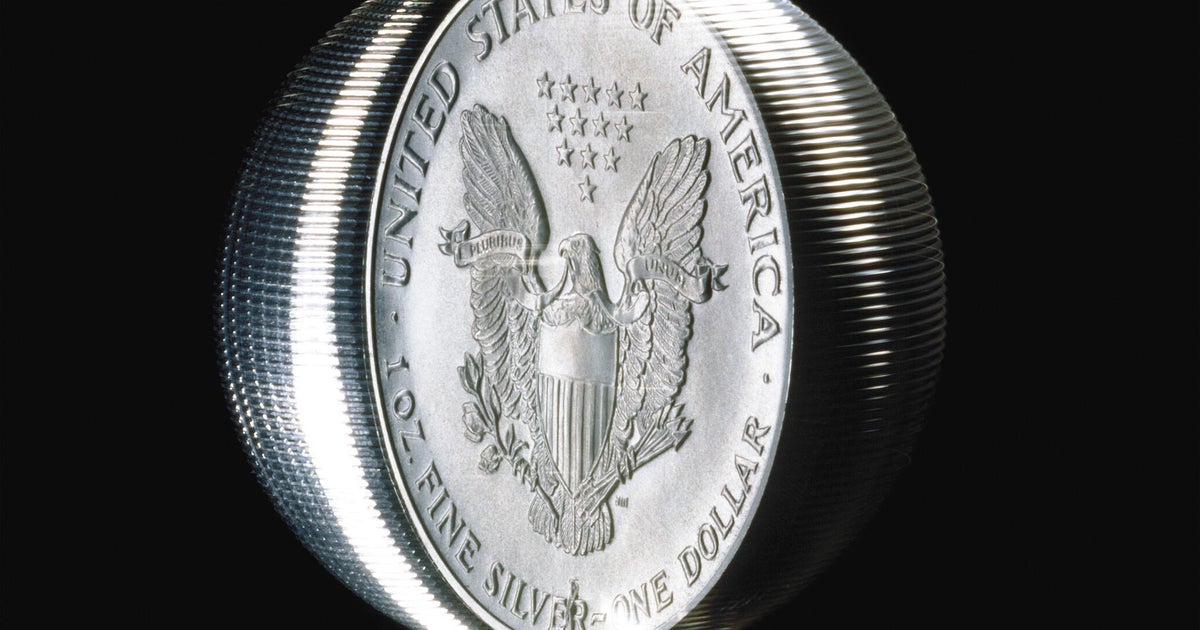4 ways to inflation-proof your finances
In today's economy, one of the most significant challenges is inflation. And, while the Federal Reserve has increased the benchmark rate nearly a dozen times since March 2022 to try and get inflation under control, the latest data showed that the inflation rate ticked back up unexpectedly after appearing to cool in the months prior.
These rate hikes have made borrowing a lot more expensive at a time when inflation is also eating away at many people's purchasing power. Budgets aren't stretching as far as they once did, and with no clear end in sight, it's essential to take proactive steps to safeguard your financial well-being.
Luckily, there are a few simple strategies you can use to inflation-proof your finances and secure a stable future.
Find out how the top savings accounts can benefit you here.
4 ways to inflation-proof your finances
If you want to safeguard your finances in the midst of persistent inflation, consider employing the following strategies:
Switch to a high-yield savings account
A fundamental step in protecting your savings from the erosive effects of inflation is to ensure that your money is working for you, even while it's sitting in a savings account. Traditional savings accounts often offer interest rates that struggle to keep up with inflation, resulting in a decline in real value.
But there's a better option: high-yield savings accounts. These financial products are offered by online banks and credit unions and typically provide significantly higher interest rates than brick-and-mortar banks.
There are quite a few high-yield savings accounts offering interest rates that outpace inflation — and it's currently possible to find high-yield accounts that offer 4.5% or more without excess requirements or costs. Just be sure to compare the different high-yield savings accounts before making a decision, taking into consideration factors like interest rates, fees and ease of access to your funds.
Learn more about the savings rates you could get here now.
Lock in a CD rate that beats inflation
Certificates of deposit (CDs) are another option for safeguarding your savings against inflation. Unlike traditional savings accounts, CDs offer fixed interest rates for a predetermined period, which can range from a few months to several years. By locking in a CD rate that exceeds the expected inflation projection, you can effectively preserve the value of your money.
CDs offer varying terms, and right now, it's possible to find CDs offering rates of 4.5% or higher on your money. And that includes short-term CDs. However, keep in mind that CDs come with limited liquidity; withdrawing your funds before the term is up can result in penalties. So, you should ensure that you're comfortable with the length of the CD term and won't need the funds during that period before putting your money in this type of account.
Diversify your investment portfolio
Investing wisely is crucial to combating the effects of inflation. Historically, certain asset classes, such as stocks and real estate, have demonstrated the ability to outpace inflation over the long term. While these investments do come with risks, they can be an effective tool in building wealth that maintains its value.
Investment diversification is the key to managing risk in your portfolio. By spreading your investments across different asset classes (stocks, bonds, real estate, gold, etc.), you can potentially reduce the impact of market fluctuations on your overall net worth.
However, you should always conduct thorough research or consult a financial advisor before making investment decisions to ensure they align with your risk tolerance and financial goals.
Focus on your emergency fund
In addition to your efforts to grow and protect your wealth, it's also important to focus on your emergency fund when inflation is high. With high inflation often comes an uncertain economy, and your emergency fund is the safety net that provides financial stability during unexpected situations — such as medical emergencies, job loss or unforeseen expenses.
Maintaining an emergency fund can help prevent you from having to liquidate investments or incur high-interest debt during times of crisis. Aim to save three to six months' worth of living expenses in a readily accessible account, such as a high-yield savings account or money market account. This allows you to earn interest that outpaces inflation while ensuring easy access to your money when you need it.
The bottom line
Inflation-proofing your finances requires a combination of strategic planning and informed decision-making. By switching to high-yield savings accounts, locking in favorable CD rates, diversifying your investments and prioritizing your emergency fund, you can take significant steps towards maintaining your financial security in the face of inflation-related challenges. Just remember that each financial situation is unique, so it may help to tailor these strategies to your specific needs and goals to find the best plan for your money.




